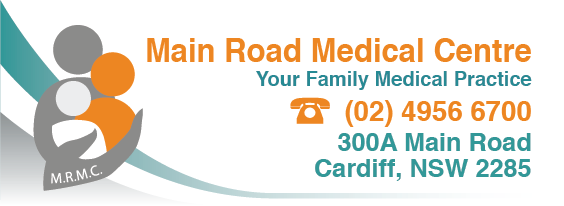After serving in the Australian military for 11 years, I am keen to look after ex-defense force personnel who might present with complaints ranging from skin disorders to musculoskeletal problems to mental health issues.
I understand that these stresses and injuries are to be expected after years of service, so managing veterans’ health long-term is one of our specialties at the Main Road Medical Centre.
Common problems with veteran’s health
Once they leave the service, all defense force personnel are eligible to see a GP for a government-funded full review of their health, which will be bulk-billed under Medicare.
In terms of their physical health, veterans often have injuries from the physical demands that have been put on them, including carrying extremely heavy loads for extended periods. This strain can cause a range of back and peripheral muscular problems that need management so they don’t persist or get worse.
Veterans might also have been exposed to certain agents and contaminants. Some Vietnam vets are cases in point; we see them in our practice. As well, there is the issue of exposure to jet fuel for F-111 deseal/reseal fuel tank maintenance workers. This is the subject of a continuing study by the Australian Institute of Health and Welfare into the incidence of mortality and cancer in aircraft maintenance personnel.
Another issue of potential concern to ex-service personnel is exposure to fire-fighting foams such as the perfluorooctane sulfonate (PFOS) which has been found to have contaminated land around RAAF Base Williamtown. We are going to be monitoring this with regard to any health complaints that might arise for exposed service personnel.
Veterans leaving the service can also access free mental health treatments. As this is a fairly recent development, many might not know about it.
Mental health
It is very good news because it acknowledges that mental health issues are real and common in defense force veterans. If you’re a veteran, you should automatically receive a White Card when you leave the service, without having to submit a claim. This allows you to access treatments from a broad range of providers including general practitioners, psychologists, psychiatrists, mental health social workers, mental health occupational therapists, and hospital services. The treatments are paid for by the Department of Veterans’ Affairs.
Making it easy
If you haven’t received a White Card, make sure your contact details are up to date with the department.
Eligible veterans are people who have served at least one full-time day in the ADF as well as reservists with at least one day of full-time service, whether in disaster relief or border protection or similar, or who have been involved in a serious service-related training accident.
Regardless of whether the condition is post-traumatic stress, anxiety, a sleep disorder, alcohol or substance dependency, it does not need to be service-related or to have a diagnosis.
Treating these issues is important in a major town such as Newcastle which is full of ex-service personnel because many people settle here after leaving either the Singleton Army Base or the RAAF at Williamtown.
Assisting these veterans is an honor and something that makes our work here even more gratifying.














Sorry, comments are closed for this post.